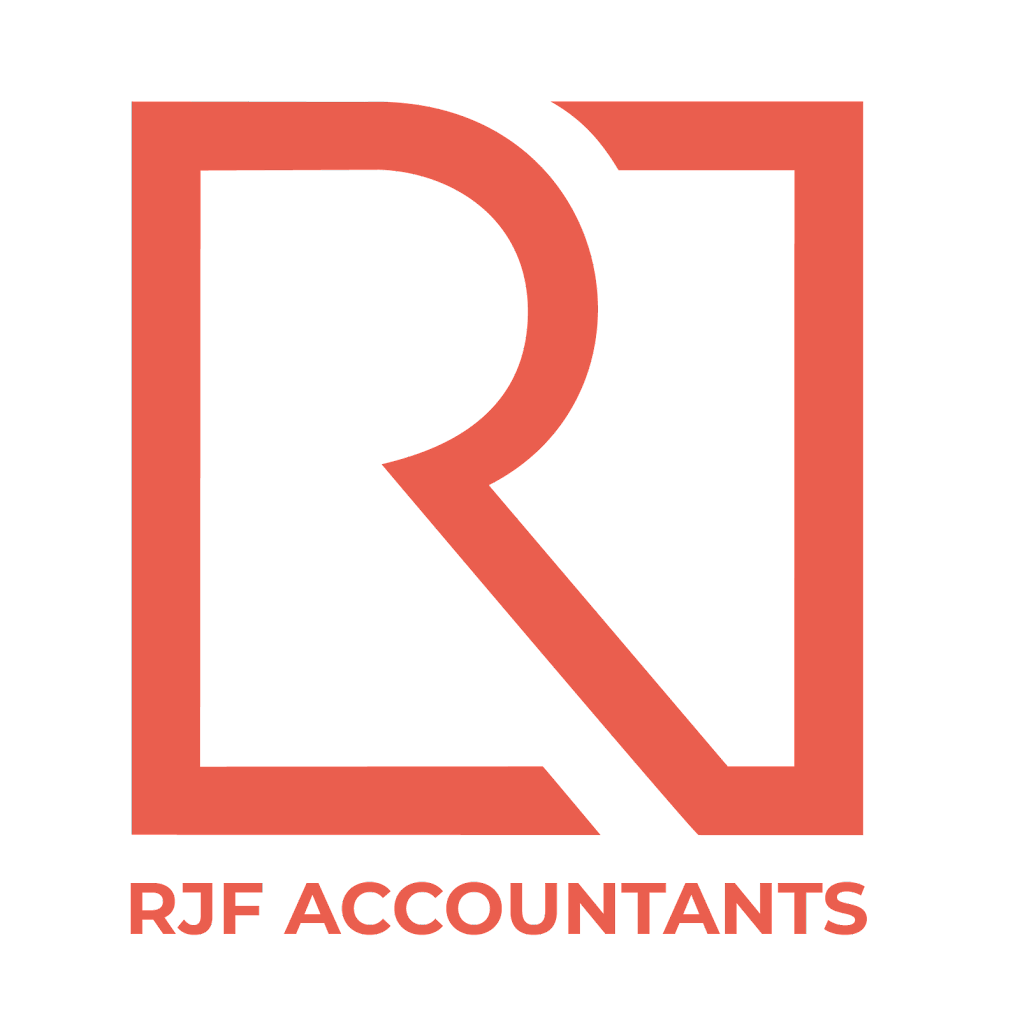Holding too much cash in your business has several possible implications. Not only are cash returns poor and inefficient, but holding significant surplus cash funds can impact your inability to benefit from a range of important tax reliefs.
The worst-case scenario is that excess cash can affect the trading status of your business, turning it from a trading company to an investment company, which can result in Business Relief being denied.
It could also reduce the value of the company that would qualify from BR by the value of the ‘excepted asset’. This is an asset that is not used wholly or mainly for business purposes in the previous two years unless it can be shown and evidenced to HMRC that the cash is being retained for a specific and identifiable purpose.
Given the importance of this point, it is highly recommended that directors retain evidence of their decisions about their intentions for the future use of cash and investments retained in the business as these may well be pivotal on rebutting any challenges made by HMRC in this area.
This could also have a significant impact when trying to sell or pass on a business and have significant tax implications.
Blog Contents:
show
What Is Surplus Cash?
A cash surplus is an additional cash your limited company retains that exceeds the amount required for day-to-day operations. There is no simple formula to work out the cash surplus in your business. Instead, it will be down to forecasting and understanding if the cash in your business bank account is excess or it’s needed for working capital.
How Do I Work Out Surplus Cash In My Business?
Firstly, you need to work out what cash you have over and above the day-to-day cash flow requirements of the business.
For example, some cash may very well be earmarked for being paid out as dividends. However, some might also need to be kept aside to pay off liabilities due after a year-end, such as corporation tax and other taxes.
A cash surplus is likely to be retained profits in your balance sheet in the equity section rather than actual money in the bank. Likely, some of the money in the bank is already allocated or put on one side to meet liabilities such as VAT, PAYE or Corporation Tax bills.
You also need to consider and keep any funds that you and fellow shareholders will be drawing from the company, for example, dividend payments.
It would be best if you didn’t consider your cash surplus options until you know your various liabilities. Not leaving enough money in the business for liabilities could cause issues later down the line paying your tax bills.
Retained Profits
Retained profits will at some point in the future require to be drawn down, for example, if the company ceases to trade or is wound up on the retirement of the owner-manager. It may be possible to leave the company structure in place and simply draw the retained profits from the company as dividends over a number of years in order to minimise Higher Rate Income Tax liabilities; however, where the level of retained profits available for distribution is significant, or the individuals concerned have income from other sources, it may not be possible to do this. In addition, failure to wind up the company following the cessation of trade may result in restrictions on Entrepreneur’s Relief for Capital Gains Tax purposes and Business Property Relief for Inheritance Tax purposes.
When a company with distributable assets of more than £25,000 is subject to an informal winding up, the distribution of assets on winding up is automatically treated as dividend income which could result in significantly Higher and Additional Rate Income Tax charges being incurred. It is not possible to attain capital treatment without a formal winding up, which can be costly. Where the company’s distributable assets are less than £25,000, the distribution of the assets will be treated as capital rather than income and subject to Capital Gains Tax which, with the potential availability of annual exemptions and Entrepreneur’s Relief, maybe at a substantially lower rate.
Cash and Investments
In some circumstances, HMRC will look to deny or restrict Inheritance Tax and Capital Gains Tax reliefs on shareholdings if the company retains excess cash or investments.
Business Property Relief is a relief that reduces the taxable value of the property, which your company is, on which Inheritance Tax is charged.
Shareholdings in unquoted companies will qualify for 100% Business Property Relief providing that they are owned for two continuous years before death or transfer and meet certain conditions. Businesses classified as wholly or mainly (more than 50% of their business activities) making or holding investments are excluded from this relief.
IMPORTANT- A build-up of cash or investments on the balance sheet could therefore result in the company being classified as an excluded business and the shareholdings no longer qualifying for Business Property Relief. Even if the company is not considered an investment company, surplus cash and investments held by the company could be treated by HMRC as excepted assets because they are not required for an identifiable purpose and therefore be excluded from receiving Business Property Relief.
In simple terms, if you have a lot of cash in your business, even if you are still doing your day-to-day business, HMRC will consider your company an investment company for Business Property Relief. Therefore you will lose this attractive tax relief for inheritance tax purposes and leave your loved ones with a much larger tax bill than they should have.
Entrepreneur’s Relief is a relief that reduces the Capital Gains Tax rate payable on the disposal of a qualifying business asset from 18%, or 28%, to 10%. Various conditions must be met to qualify for this Relief. One condition that applies to shareholdings in an individual’s personal company or assets owned personally by an individual and used in their personal company is that the company must be trading.
A trading company is classified for Entrepreneur’s Relief purposes as “a company carrying on trading activities whose activities do not include to a substantial extent activities other than trading activities”. “Substantial extent” is not defined but is widely interpreted by HMRC to be more than 20%, i.e. at least 80% of the company’s activities must be trading activities.
In simple terms- A build-up of cash and investments on the balance sheet could result in the company no longer qualifying as trading for Entrepreneur’s Relief purposes. So if you sell your company or shares, you will lose Entrepreneurs Relief.
(ER, in short, means you will only pay 10% tax on the sale of your company or shares up to a value of £1m)
Business Asset Gift Relief is a relief that defers the taxation of the Capital Gains arising on the gift or transfer below the market value of a qualifying business asset by rolling the gains over against the base cost of the individual or company who receives it, subject to meeting certain conditions. This Relief can be a very useful tool in succession planning for owner-managed companies, for example, when transferring shareholdings to other family members. For shareholdings in an unquoted company to qualify for Gift Relief, it must be classified as a trading company using the same definition as set out for Entrepreneur’s Relief above.
Use of Pension Contributions for Tax-Efficient Profit and Cash Extraction
To help mitigate the issues highlighted above, it may be possible for the company to pay employer pension contributions as a means of extracting profit and cash from the company in a tax-efficient manner.
Employer pension contributions are an allowable deduction for Corporation Tax purposes.
The amount that the company can contribute in respect of an owner-manager should reflect the input provided by the owner-manager to the company.
There is an annual cap; however, it is possible to utilise unused allowances for earlier years.
Other Ways to Invest Using the Cash Surplus
There are a variety of other ways to invest and use surplus cash from your business:
- Reinvestment back into the business to fund growth
- Tax efficient restructuring
- Investment in research and development
- Director’s loan
- Dividend payments
- Invest in stock market
- Gift to charity
- Creating a holding company to invest in property
SEIS and EIS Investments
SEIS and EIS schemes (Seed Enterprise Investment Scheme and Enterprise Investment Scheme) are very attractive personal tax reliefs HMRC offer for investing in start-up and early start-up companies. There are many rules around the scheme, and I am happy to explain them to you. Still, from an investor point of view, if you invest £100,000 into a SEIS-assured company, you can claim £50,000 off your personal tax bill and £30,000 if it is EIS-assured.
You will have to draw the money out of the company and pay a dividend tax as the investment as to be a personal investment and not from the company. However, a 50% tax deduction makes it a more attractive option.
How Can RJF Accounting Help?
The team here at RJF Accounting are the experts in helping you making the most out of your cash surplus or investments for your business. With our accounting packages, we can ensure that your accounting, bookkeeping, and capital allowances are all for you.
We can assist with much more too! Everything from investor relations to tax advice and everything in between! We have helped launch startups, create new business opportunities and even helped businesses save thousands of pounds by assisting them to spot cost savings.
If you plan to scale your business or are looking for growth opportunities, why not speak to the team today? You can call the team on 0161 5040629 or email us at hello@rjf.uk.com to see if we can help you get your plans off the ground! We are open Monday to Friday, 9 am – 5 pm!

